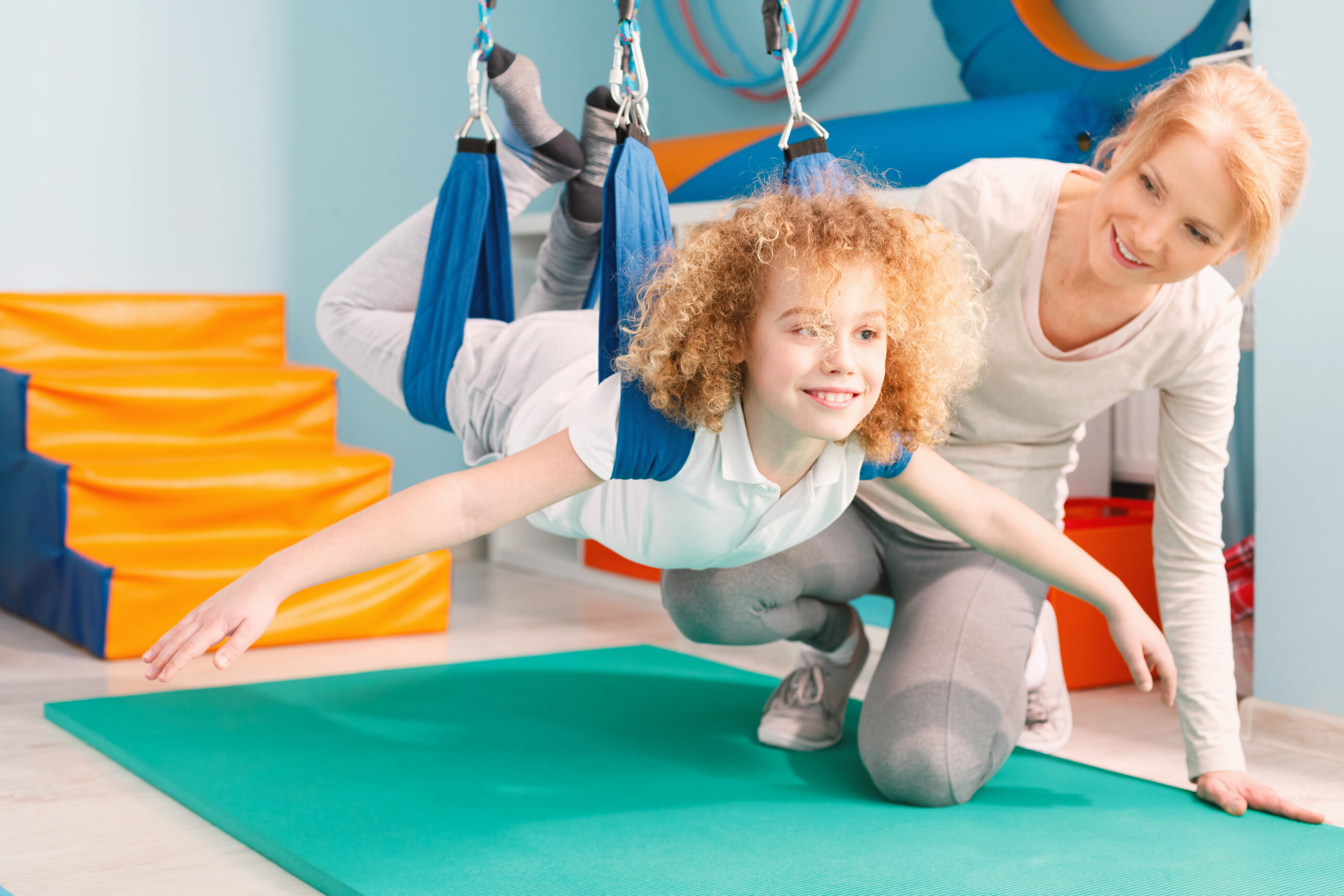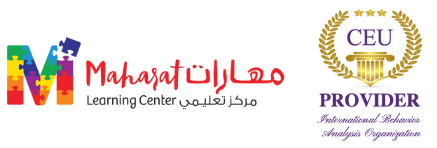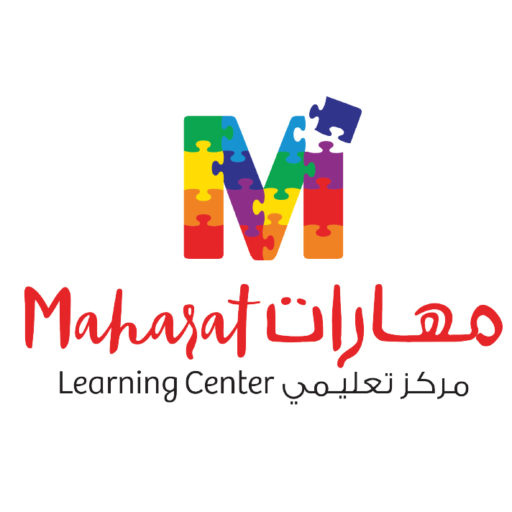
Occupational therapy aims to increase independence in activity participation while also promoting age-appropriate development. Occupational therapy employs a holistic approach that incorporates physical, neurological, social, cognitive, and sensory development. Through comprehensive assessments, our occupational therapists can identify the physiological or cognitive impediments that lead to the challenges your child is experiencing in his or her everyday life. Accordingly, we will provide an individualized treatment plan that may focus on:








